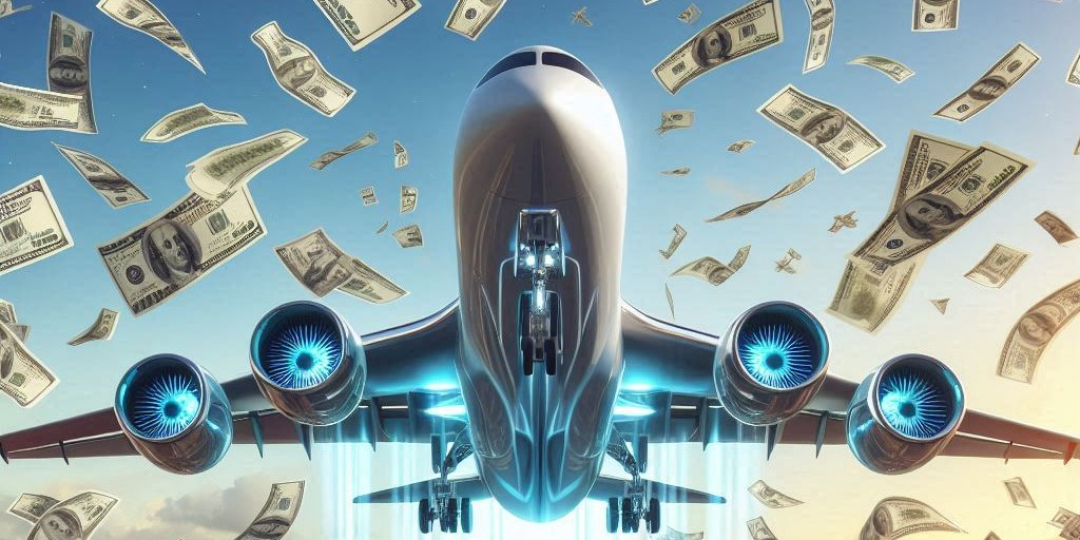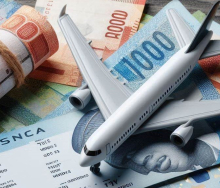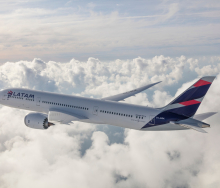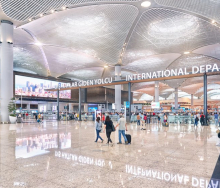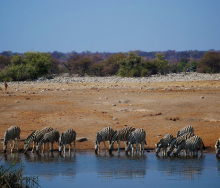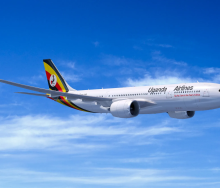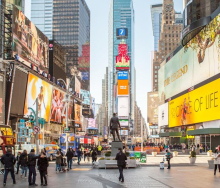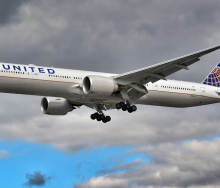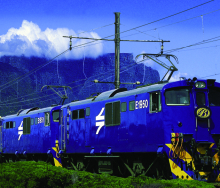While global airlines are projected to earn a nett profit of US$30,5 billion (R563 billion) in 2024, representing an 11% increase over 2023, profits of African airlines will remain stagnant at $100 million (R1,8 billion), on par with 2023 profits, according to IATA’s Airline Profitability Outlook for 2024.
The airline industry as a whole is on the path to sustainable profits, said IATA’s Director-General, Willie Walsh, but there is a big gap still to cover.
“Earning just $6,14 (R113) per passenger is an indication of just how thin our profits are,” said Walsh.
In 2023, African airlines’ capacity growth, measured in available seat kilometers (ASK), was 35,7%. This aligned with the increase in passenger demand, or revenue passenger kilometers (RPK), of 36,7%. Similarly, the projected increase in capacity for 2024 is expected to be 9,1%, while the increase in traffic growth is predicted to be just 8,5%.
This aligns the African outlook with IATA’s global outlook for air transport, which predicts that this year, we could see the first decrease in passenger load factor since 2020.
Joachim Vermooten, aviation economist and researcher at the University of Johannesburg agrees that the small difference between supply and demand in 2024 is expected to reduce load factors.
African airlines’ profit per passenger is expected to increase from $0,4 (R7) in 2023 to $0,6 (R11) this year, but it will remain well below the global average of $6,14 (R113) per passenger.
According to experts, higher profit per passenger is not a direct reflection of increased demand, but it may be the result of factors such as the stabilisation of inflation and interest rates, which affect airlines’ financing.
Fuel cost remains one of the biggest challenges for African airlines.
“Currently, almost all our jet fuel is imported, adding several layers of costs for shipping, logistics, distribution and storage as well as statutory duties and taxes. The result is a roughly 30% premium on the jet fuel price by the time it gets pumped into the aircraft. This is why fuel is our biggest cost component,” said Aaron Munetsi, CEO of the Airlines Association of Southern Africa (Aasa).
And another challenge for airlines universally is supply chain delays, which are slowing the manufacture and delivery of new aircraft and the availability of spare parts. This is preventing airlines from optimising their fleets, say experts.
“To improve profitability and resolve supply chain issues is of critical importance so we can deploy fleets efficiently to meet demand,” said Walsh.

